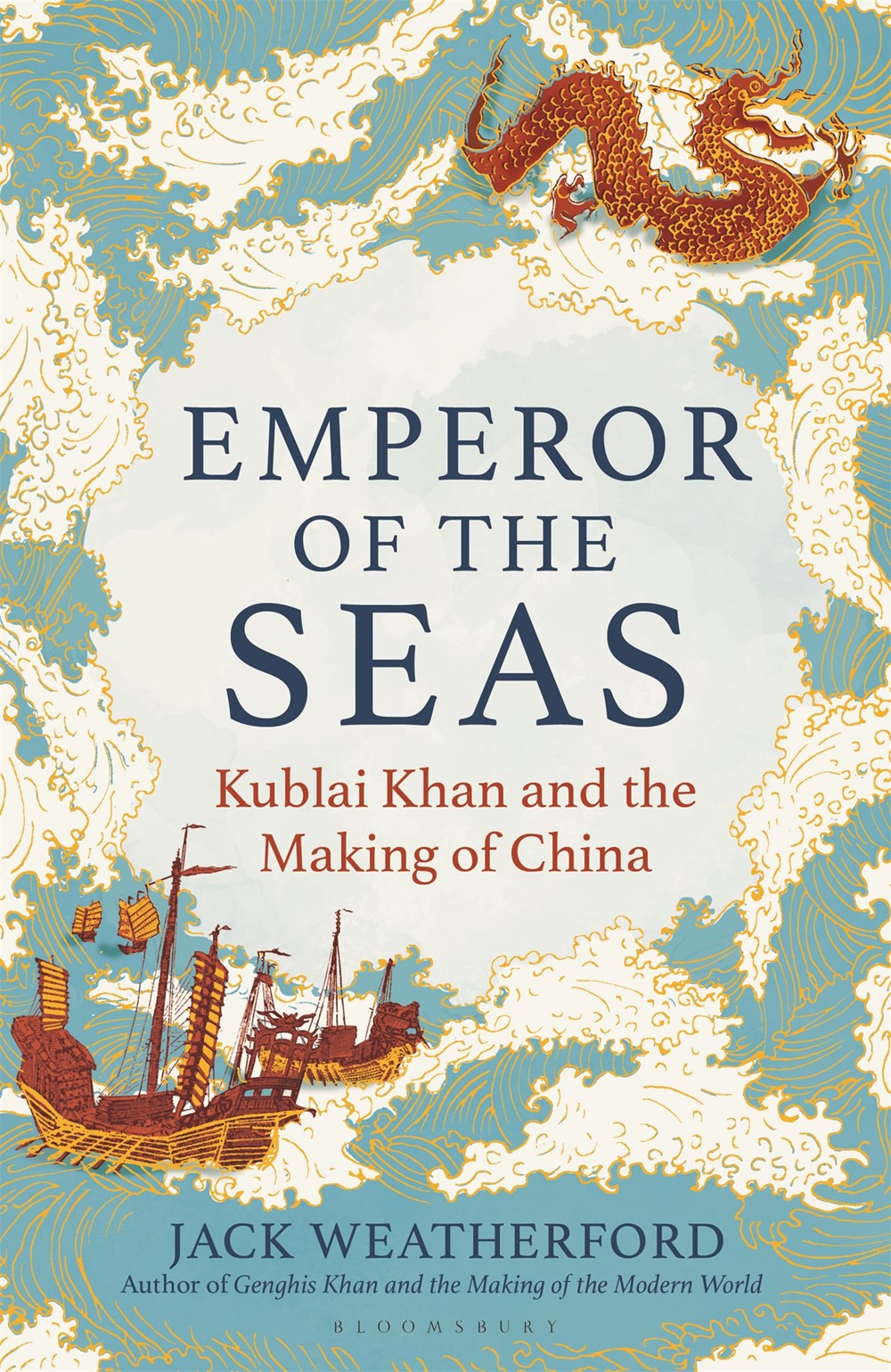2018 School Spending Survey Report
Emperor of the Seas: Kublai Khan and the Making of China
COPY ISBN
VERDICT Essential for any reader interested in Mongolian or Chinese history.
RELATED
ALREADY A SUBSCRIBER? LOG IN
We are currently offering this content for free. Sign up now to activate your personal profile, where you can save articles for future viewing




Comment Policy:
Comment should not be empty !!!